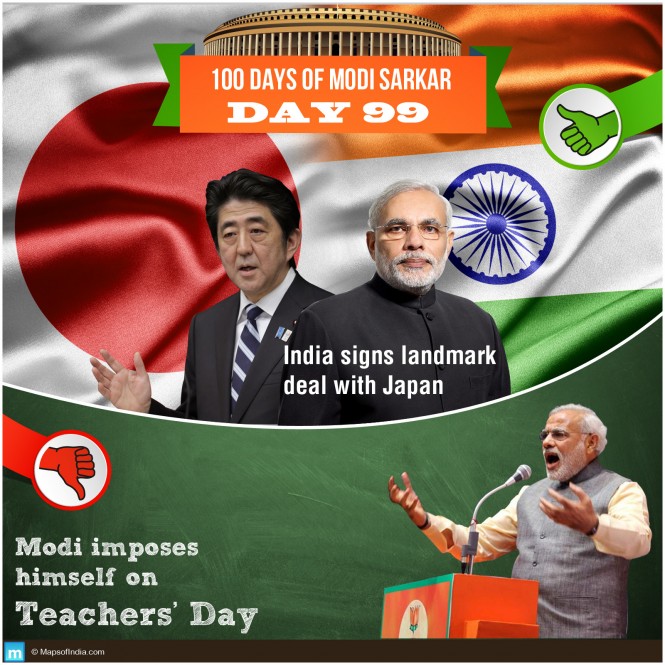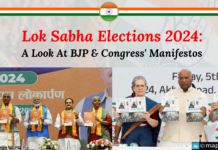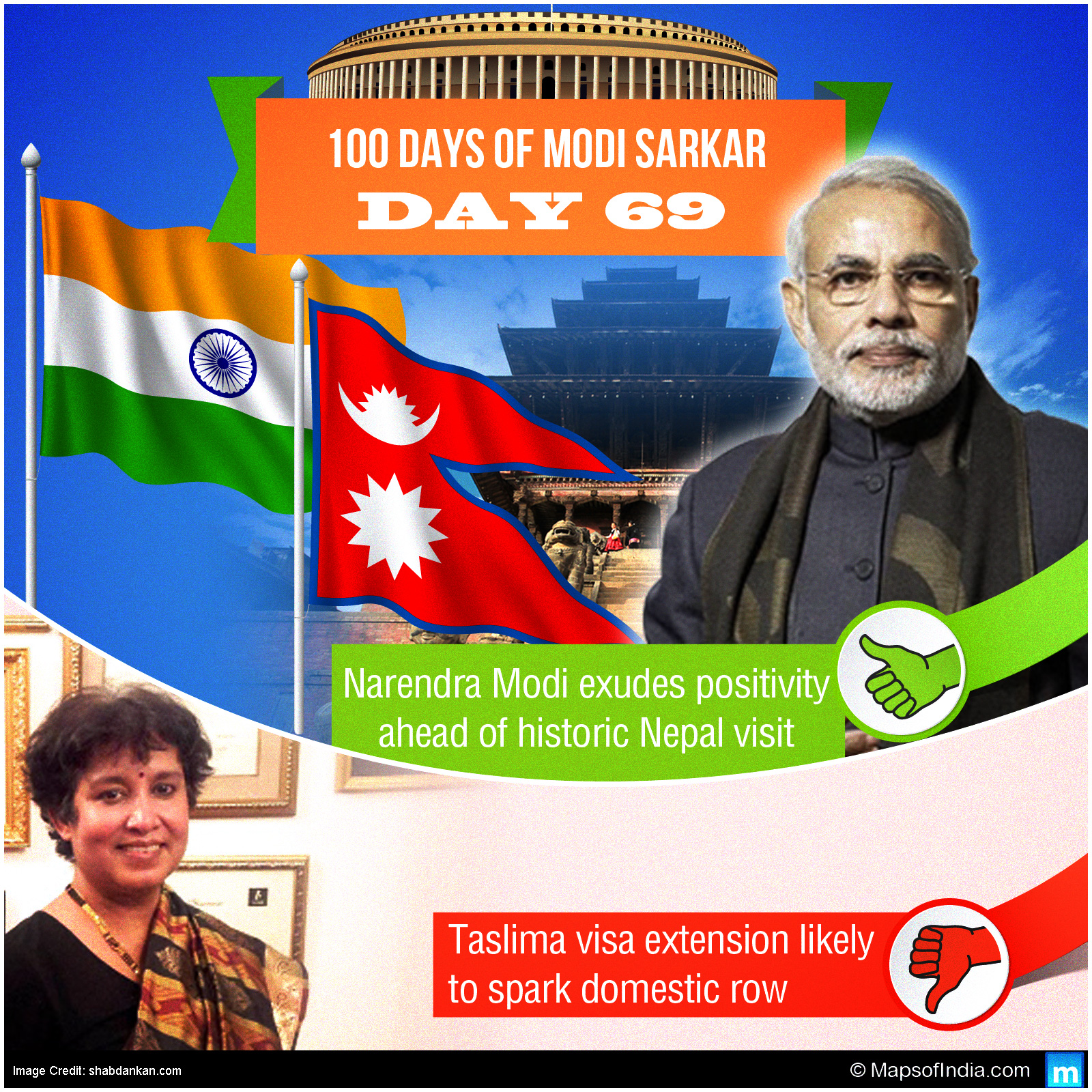Of late, India has been making some great strides in its relations with Japan. The Indian Prime Minister, Narendra Modi, is presently on a visit that is expected to last a couple of days more. The countries have tended to be allies ever since the Second World War and now efforts are afoot to revive the age-old ties, especially on the part of the Indian Government. On the first day of September, 2014 both the countries signed the Tokyo Declaration for Global Partnership that can be expected to play a major role in enhancing the economic relations in the next few years.
India signs historic treaty with Japan
India has also signed a number of other important treaties with Japan. Shinzo Abe, the Prime Minister of Japan, has stated that with these agreements the cooperation between both the countries in areas such as security and diplomacy will be further strengthened. Following his meeting with his Indian counterpart, Abe has also gone on to remark that the bilateral ties shared by Japan and India are among the strongest of their kind in the world and also have unlimited potential from the point of view of development.
There is enough reason to believe that both the PMs have asked their respective subordinates to quicken up the process of negotiations needed for the nuclear deal between India and Japan to go through. It is also being assumed that now India and Japan would be collaborating further with Japan in in areas such as bullet trains, which can be described as a major area of expertise for Japan. The activities of India’s neighbours and their mutual interaction will also, from now on, be watched with great interest by Japan as well.
Abe has also stated that both Japan and India have had some discussions regarding various issues that included the civil nuclear deal as well. Japan has also opted to take up collaborations in security and other areas of defence along with India. This shall include maritime security as well. As far as economic matters are concerned both the countries have agreed that there needs to be a marked improvement in the amount of investment being done in India by Japan. The Indian PM too has thanked Japan for the welcome given to him during his stay and expressed a willingness to take bilateral cooperation to the next stage.
He has also expressed how lucky he feels at being afforded the opportunity to visit Japan so soon after taking over. The Indian PM has also expressed his happiness at the quantum of investment Japan has committed to make in India in the days ahead. Modi has also called for the strategic relations with Japan to be taken to the next higher level and be made that much more special. From the looks of it, it seems that Japan will play an important role in India’s development in the years to come.
Smriti Irani tries to defend Modi’s address on Teachers’ Day
A few days back the Indian Government had issued a circular whereby it had stated that the Indian Prime Minister shall be addressing students across the country from 3 pm to 4.45 pm and shall also interact directly with them. The circular was sent across to various schools by the Central Board of Secondary Education or CBSE. It had directed all the schools to make the necessary arrangements for this purpose from 2:30 pm to 5 pm on Friday. The entire interaction is supposed to be telecast live on Doordarshan.
The programme is also supposed to be streamed live on the website of the Union Human Resources Development Ministry. However, this programme has apparently irked some principals who have questioned the veracity of the decision considering the fact most schools close down by the afternoon. Jyoti Bose, who happens to be the principal of Springdales School, which is located in South Delhi, has welcomed the noble idea of the PM trying to get in touch with the students. However, Bose has raised the same question regarding the timing. Some have even complained that thanks to the programme they will be required to stay back in the school till 5 pm, which effectively implies that even on a day earmarked for them they do not get rest whatsoever.
The Prime Minister will be directly interacting with a 1000 students at the Manekshaw auditorium in New Delhi from where the national telecast of his address and teleconference will take place. In case of all other areas in the country including remote places like Silchar, Ladakh, Port Blair the interaction will take place via satellite links. All the schools have also been asked to provide a list of students who may wish to participate in the interactive session that follows the speech.
It has been learnt that in accordance with the said directives some schools have also sent information to the parents. In some states like Delhi, the directorate of education has even cautioned the schools against any laxity in organising the event.
However, the Union Human Resource Development Minister, Smriti Irani, has clarified that attending the programme is not mandatory. In the wake of protests from various quarters over a reported move to rename the Teachers’ Day as Guru Utsav and making attendance during the PM address compulsory, Irani said that miscommunication regarding the meeting is purely politically motivated. She asserted that there was no renaming of the Day either.
It is generally believed in certain quarters that the Modi government is basically trying to inculcate partisan values and ideals to children even as very little genuine effort is seen to have been made to qualitatively improve the educational sector.
Economic indicators
| Indicators | Value | Rise/Fall |
| SENSEX | 26867.55 | 229.44 |
| NIFTY | 8027.70 | 73.35 |
| Rupee/Dollar | 60.50 | 0.04 |
| Gold | 27,936.00 | -60.00 |
| Silver | 42,000.00 | -255.00 |
| Crude oil | 5,825.00 | -6.00 |
Read More:
2 Years of Modi Government
One Year of Modi Sarkar
Top Programmes Launched by Modi
Pradhan Mantri Yojana
Narendra Modi





